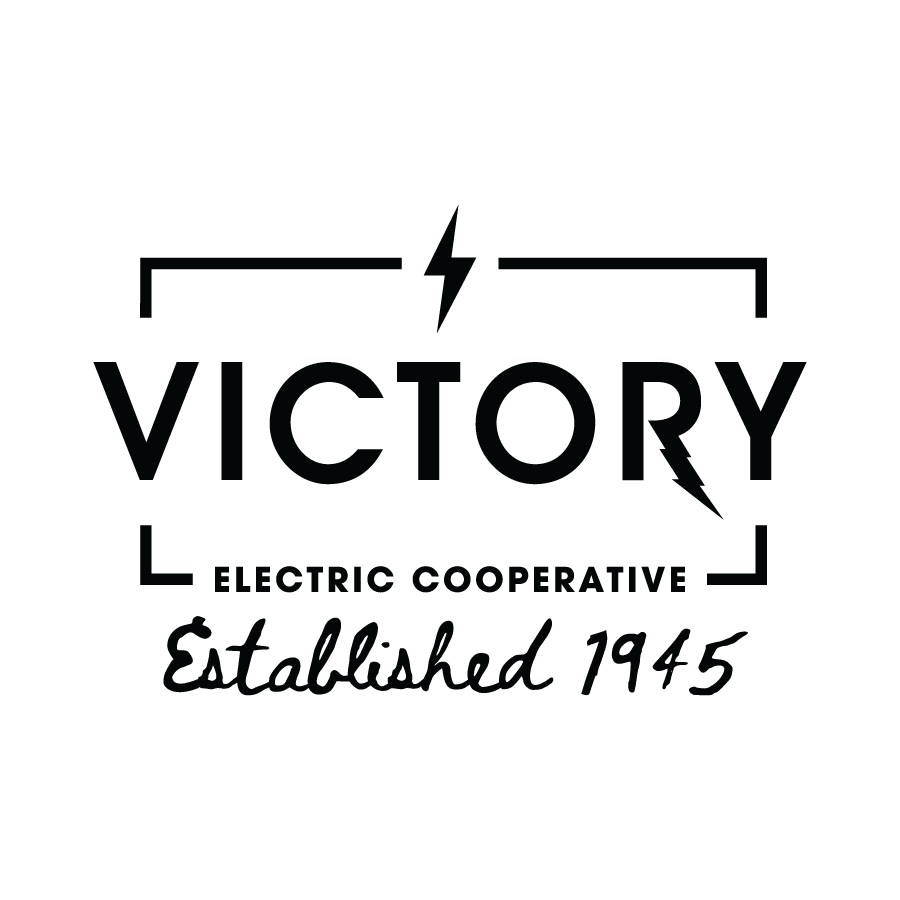If you are experiencing a power outage, please call our office at 620-227-2139 or 800-279-7915. Thank you!
Reliability Remains a Top Priority for Electric Co-ops
Demand for electricity is increasing while unrealistic regulations and other factors put the supply of always-available power sources at risk. Smart energy policies that strengthen reliability and the resilience of the power grid are crucial in such a rapidly changing era for the electric industry.
Victory Electric and our network of partners at the state and national level are committed to advocating for safe, reliable, affordable power on behalf of our member-owners. We aim to keep members up to date about challenges facing co-ops and opportunities for growth.
Co-op leaders stay aware of trends and current developments that affect how we power our local communities. We have much work to do as we address the challenge of meeting rising demand, but several recent developments signal positive changes ahead for reliability.
SPP issues summer forecast
The Southwest Power Pool (SPP) coordinates electric reliability in a 14-state region in the central United States. In the organization’s summer reliability forecast, SPP shared it expects to have enough generation to meet energy demand this summer despite forecasts for higher regional temperatures.
SPP conducts an assessment each year to identify and mitigate threats to energy reliability during the summer season from June to September. The analysis considers historical and predicted future electricity use, weather forecasts, the variability of available wind energy, drought conditions and generation and transmission outages.
SPP said it would continue working with its member utilities to monitor the grid and implement contingency plans if needed. This collaboration helps SPP prioritize reliability for the 18 million people its utilities serve if extreme weather, unexpected outages or other circumstances affect our region.
EPA reviews power plant regulations
Recent actions announced by the Environmental Protection Agency (EPA) may alleviate reliability challenges for electric co-ops across the U.S. as well. The EPA has reviewed the power plant greenhouse gas rule and other energy-related rules regarding mercury and air, ozone transport, power plant wastewater and coal ash. In June, the Trump administration announced a proposed rule repealing these power plant rules.
The National Rural Electric Cooperative Association (NRECA) is a national trade association that represents electric cooperatives. CEO Jim Matheson met with EPA Administrator Lee Zeldin to discuss these issues and share a policy roadmap recommending ways the EPA could address harmful regulations for electric co-ops while ensuring reliable, affordable power and protecting the environment.
Co-op leaders advocate for members
NRECA held its annual legislative conference in Washington, D.C., in April. Cooperative leaders from all over the country met with members of Congress to discuss important energy trends and how they affect our members at home. Our mission during this exchange of ideas was to advocate for reliable, affordable power and stress to key policymakers that electric reliability is non-negotiable as they consider legislation that affects energy.
Co-op leaders at the conference spoke in support of programs that bolster energy infrastructure projects that would help meet the needs of our individual communities. Some of these important initiatives include the U.S. Department of Agriculture’s Rural Utilities Service electric loan program and the New Empowering Rural America co-op loan and grant program, energy tax credits with an elective (direct) pay option for co-ops, and recently funded Department of Energy infrastructure programs.
Co-op leaders attending the NRECA legislative conference also stressed to lawmakers the importance of passing permitting reform, repealing the EPA power plant rule, protecting hydropower and defending against wildfires.
With our partners, we will continue to collaborate with the current administration and legislators to implement smart energy policies, address problems and protect reliability. Co-ops are essential partners in planning for America's energy future.
